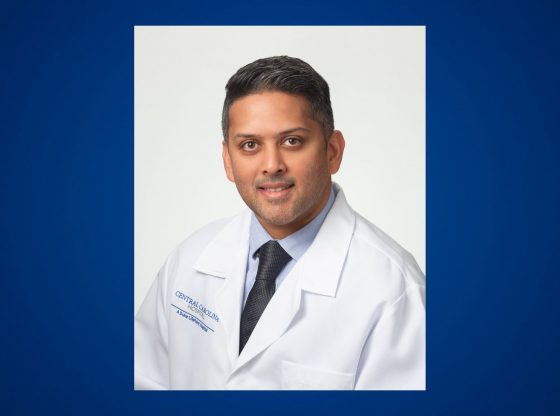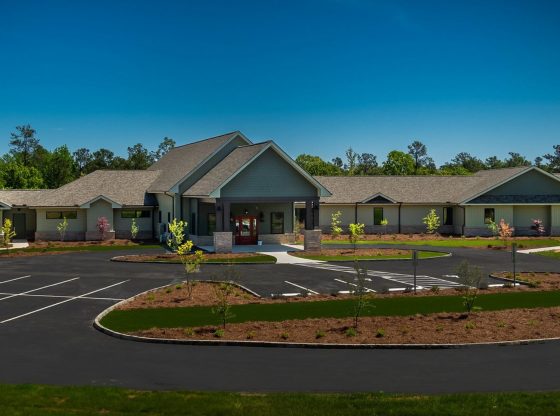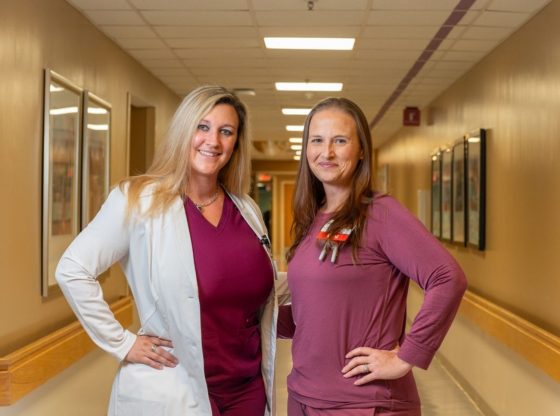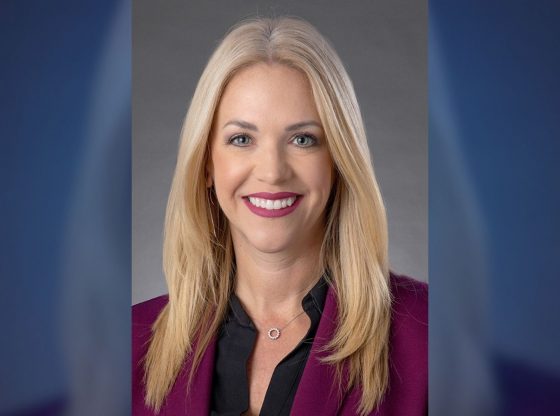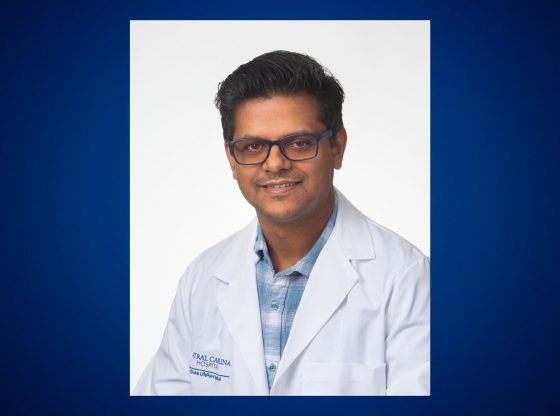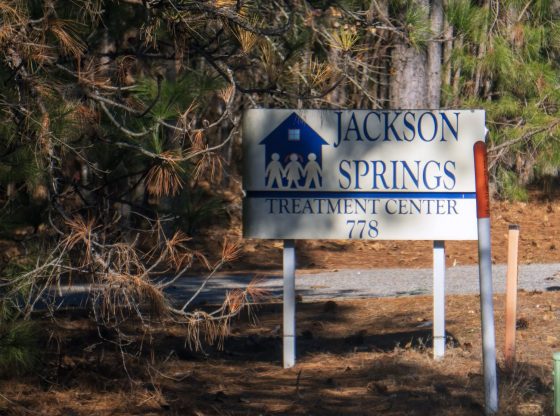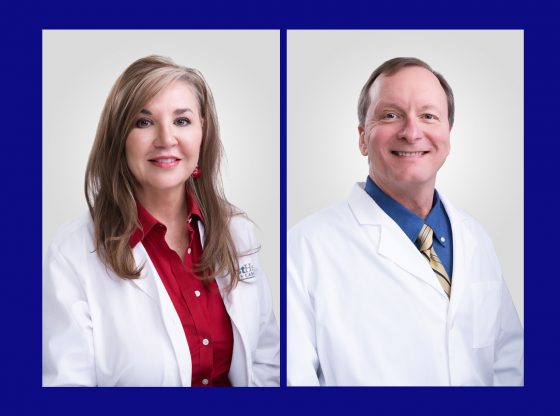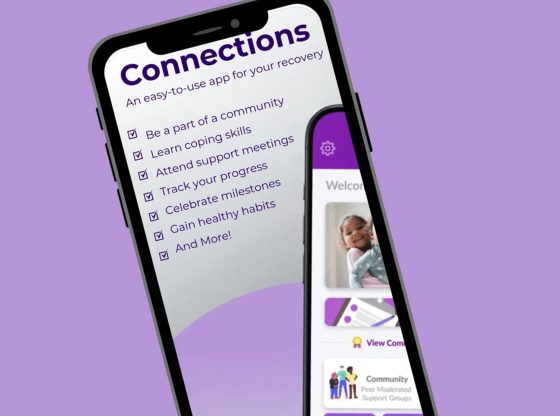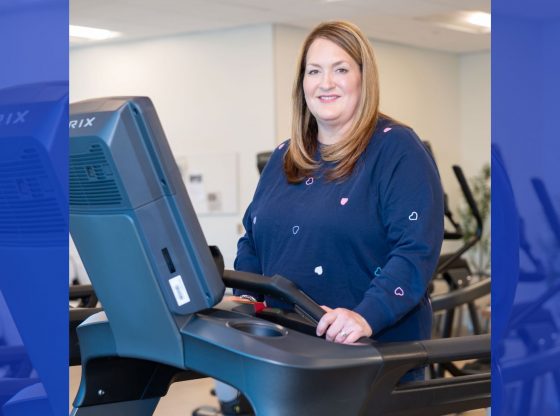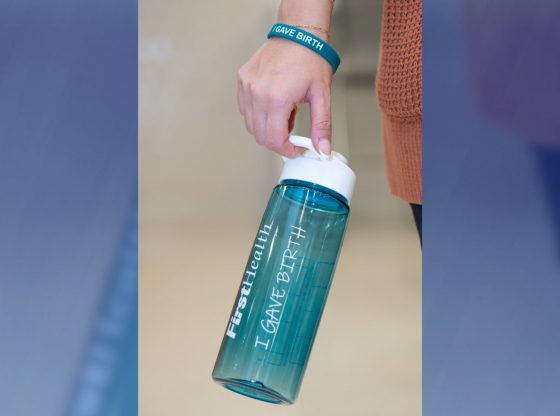You might not have gone to medical school, but did you know you could have a chance to contribute to medicine?
“FirstHealth of the Carolinas has strong ties to a variety of clinical trials for cancer and a variety of other health conditions, and we’re always looking for participants who can be part of them,” says Tina Thompson, clinical trials regulatory coordinator at FirstHealth.
Clinical trials are research studies of new drugs or treatments. The goal of researchers is to make sure the treatments are safe and effective, and to identify side effects before a treatment is available to the general public.
“By participating in clinical trials, people have a chance to get the most advanced treatments available anywhere, while staying close to home,” says Barry Baber, R.N., who is also part of the clinical trials team at FirstHealth. “That can make a big difference to their health.”
Some of the clinical trials at FirstHealth are the same ones available at the country’s leading research hospitals, he says. More than 200 area residents participate in trials at FirstHealth today, and about 50 new patients join trials at FirstHealth each year.
“We work hard to make these advanced treatments available to our patients,” says Baber. “And our team has, at times, been able to find trials specifically for a patient, to give them the best possible chance for better health.”
Some studies simply gather information, by having patients answer questions during or after treatment. Other trials might involve actual treatment and could last for several years.
Some current trials at FirstHealth focus on new cancer drugs, for example. They sometimes compare if one medicine works better than another, or if they are better when combined with other drugs.
Clinical trials aren’t only about medicines, however. In other trials at FirstHealth, physicians and research staff are testing a medical device to help with a pulmonary (lung) condition. They are also researching different surgery techniques to treat women with urinary incontinence (leaking of urine). Another study is looking at how diet and physical activity affect women with ovarian and peritoneal cancer (a type of cancer in the abdomen and pelvic areas).
Other trials are aimed at identifying genetic markers related to specific health conditions. That information could soon lead to an earlier diagnosis or point to the best treatment options.
“By offering clinical trials, FirstHealth plays an important role in national research,” says Thompson. “Some trials require hundreds and sometimes thousands of people across the United States and globally. This is why we need people to participate in clinical trials.”
The FirstHealth team has had notable success in finding matches between FirstHealth patients and available trials. With the leadership of FirstHealth’s Institutional Principal Investigator, Charles Kuzma, M.D., they earned national recognition last year: the Gold Seal Award from the Southeast Clinical Oncology Research Consortium (SCOR) and the National Cancer Institute (NCI).
For all participants, the staff explains all aspects of the trials, provides a very detailed “informed consent” form and encourages questions. Patients’ physicians are also involved in decisions to join a trial. Patients can decide at any time whether they want to continue with the trial or not.
At FirstHealth today, clinical trials for women are for treatments for pelvic organ prolapse, urinary incontinence and uterine fibroids related to heavy menstrual bleeding.
Other, cancer-related trials at FirstHealth include:
for men and women: breast, lung, multiple myeloma, colon and pancreatic cancers;
for women: cervical, endometrial, fallopian tube and peritoneal (in the abdomen and pelvic areas) cancers;
and for men: prostate cancer.
To learn more about the Clinical Trials program and current trials open at FirstHealth, visit www.firsthealth.org/clinicaltrials. People interested in being considered for a trail can contact their doctor, or call FirstHealth at (910) 715-2200.






